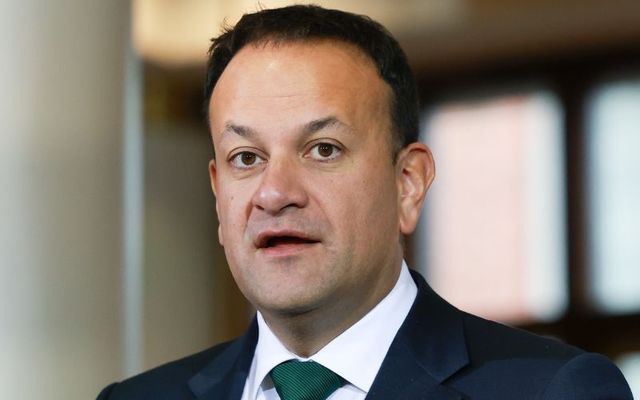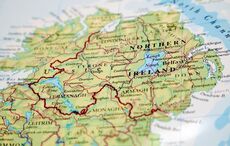Taoiseach Leo Varadkar says that the Irish Government favors the recognition of the State of Palestine but wants to do so as part of a group of European countries to maximize the impact of the statement.
The matter was discussed during Leaders Questions in the Dáil on Wednesday, December 6.
Labor Party leader TD Ivana Bacik asked the Taoiseach if he "will recognise Palestinian statehood."
She continued: "He made the commitment in the programme for Government: 'Honour our commitment to recognise the State of Palestine as part of a lasting settlement of the conflict.'
"Is not now the time to take this brave and bold action, unilaterally, yes, but as a strong voice for peace within the EU and to take a strong stance, as we did to end South Africa's brutal apartheid regime?"
The Taoiseach responded: "The Government favours the recognition of the state of Palestine. This House and the Seanad have passed motions to that effect.
"We do not believe the best way to do it is unilaterally. That would be dismissed, it would be ineffectual and we would be seen as an outlier acting unilaterally at a European level.
"We would like to do it as part of a group of European countries, and that would be a more significant statement.
"We do not just want it to be a statement. We want it to be part, perhaps, of an agreement to end the violence that is happening at the moment and to put in place a new administration in Gaza for the day afterward. That is the kind of conversation we are having at the moment, for example, with Spain, which has a similar view to ours, and some other countries as well."
Previously, on November 22, Varadkar said in the Dail: "Ireland has always given Palestine de facto recognition.
"We recognise its passports, describe its Head of Government as Prime Minister and describe Mahmoud Abbas as President of Palestine rather than President of the Palestinian Authority.
"We do not give Palestine de jure recognition because we have taken the view that this should only happen when it is actually established and functioning as a state as part of a two-state solution.
"I appreciate that other countries take a different approach but our approach has always been to recognise the passports, President, Prime Minister and government of Palestine but not to recognise the state of Palestine formally and de jure until it is established, exists, and is functioning in the way a normal state would."
Elsewhere during Leaders Questions on December 6, Varadkar said he would be pressing for a permanent ceasefire and a two-state solution at an EU Council meeting next week.
"I will use my role as Taoiseach at the European Council next week to press for the European Union to adopt wording calling for a ceasefire in Gaza and calling for the European Union, in particular, to take a much more active role in pushing for a two-state solution and Palestinian statehood, because the European Union has been far too passive for far too long when it comes to this conflict," he said.
Bacik also called on the Government to pass Senator Frances Black's Occupied Territories Bill, which would block certain Israeli imports to Ireland.
She said the bill had received cross-party support in the Dáil and Seanad and added that the Irish Government could do more to "impose trade sanctions on Israel."
Varadkar, however, said he had received legal advice from a number of Attorneys General stating that the bill could not be passed because trade is an EU competence.
"That’s been the view now for three or four Attorneys General from all sorts of different backgrounds in the last previous Governments," Varadkar told Bacik.




Comments